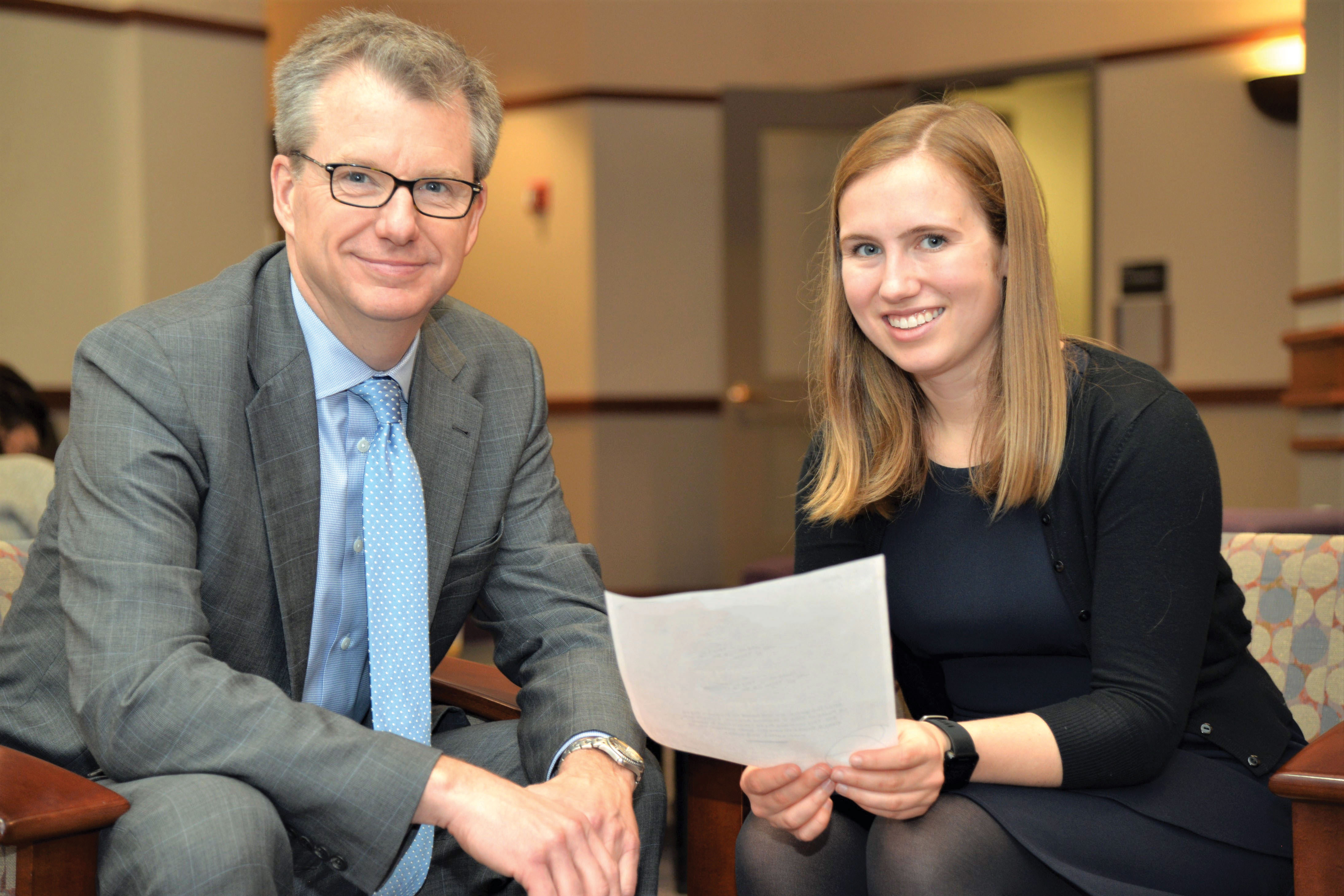Gretchen Shuler, a junior entrepreneurship student at DePaul, has taken a whirlwind journey from ordinary student to student and entrepreneur. One emotion stands out above the rest. For Shuler, entrepreneurship is joy. “Entrepreneurship is enjoying what you do,” she...
Mentors Help Graduates Turn Dreams Into Reality
College graduates who, as students, were encouraged by mentors to pursue their hopes and dreams are twice as likely to feel engaged in their careers and fulfilled in their lives, according to a national Gallup-Purdue University survey. That’s certainly the case for...
Connections: Mary Hendrickson and Greg Warsek
Everyone should get a mentor. It makes the world smaller, it gives you connections to the industry and it helps you find your direction.” Real estate major Mary Hendrickson is no stranger to working with mentors. She was assigned to a commercial banker mentor in her...


